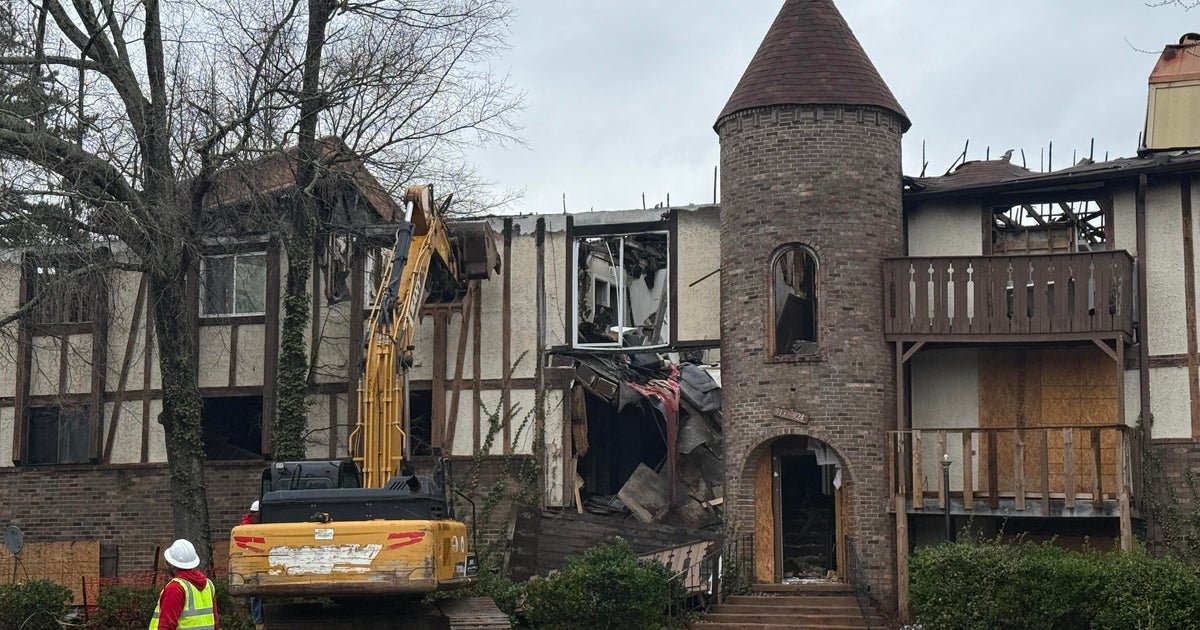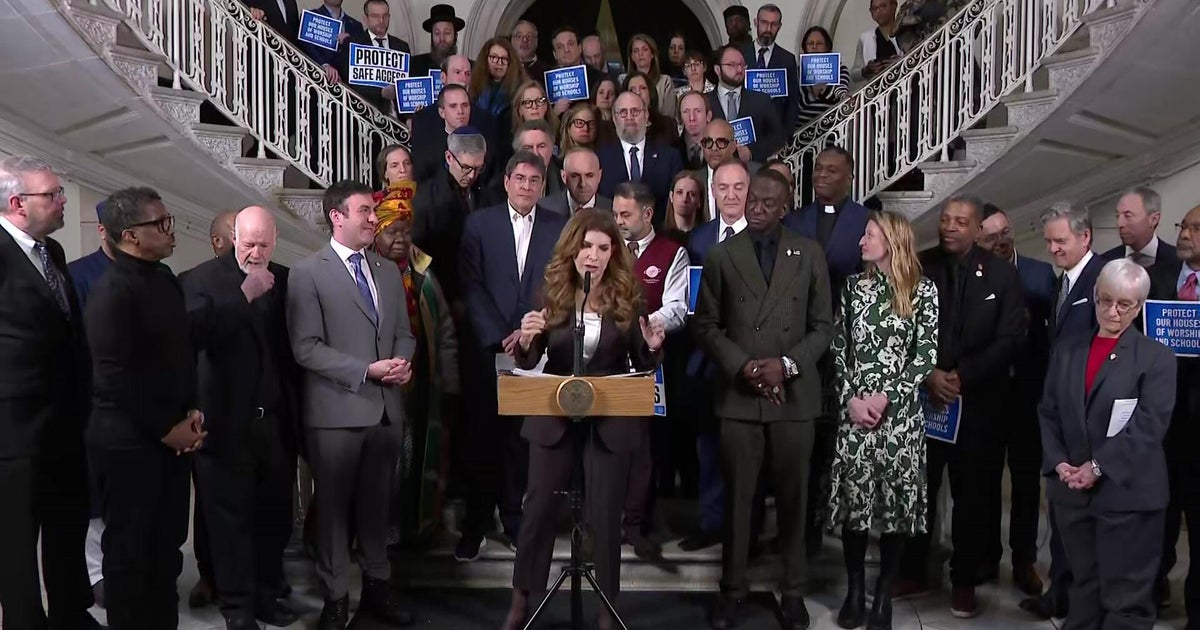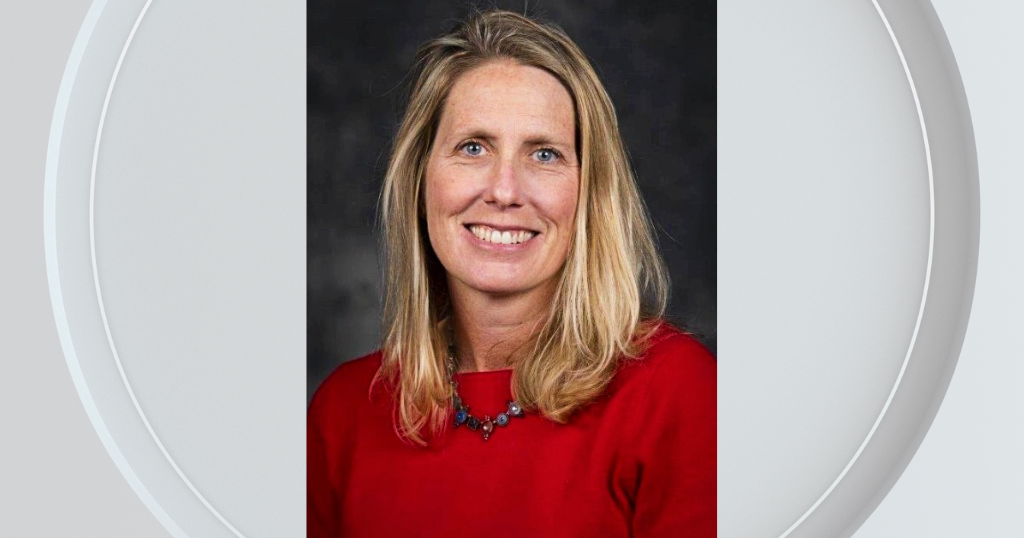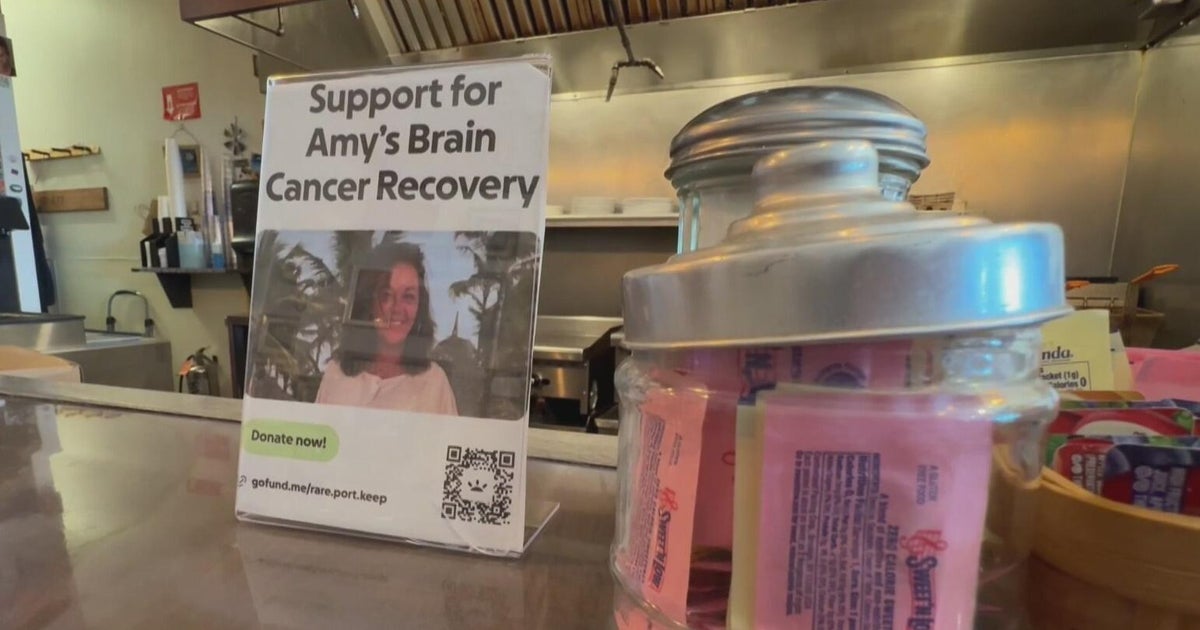Frosty Drinks And Business For Americans In Cuba?
Follow CBSMIAMI.COM: Facebook | Twitter
MIAMI (CBSMiami) -- Business, government and civic leaders gathered on Watson Island Wednesday and some of the talk was of Cuba. Miami-Dade Mayor Carlos Gimenez focused not so much on newly raised flags in Washington - as he did our beaches.
They have eroded terribly, and Gimenez is pushng a $40 million sand re-nourishment plan to keep Cuba's luscious beaches from eroding our tourist base.
"We're going to make sure we get the right quality of sand, the right quantity of sand, not just to maintain our beaches - I want to grow our beaches and make them world-class," Gimenez said.
Those in the tourism business in South Florida doesn't worry about losing it to Cuba.
"We're a great city. We're easy to get to, very easy to get to," said William Talbert of the Greater Miami Convention and Visitors Bureau. "We're a luxury brand today."
If U.S. travel to Cuba is expanded, it will mean more business for our cruise lines, Talbert said, in what is the cruise capitol of the world.
While President Barack Obama has reached out to Cuba, the notion of open trade with the island is just that. Business leaders in the U.S. are not lining up to erect storefronts in Havana.
"I think our clients are looking and considering down the road, but it's too early," said Pablo Pino, regional vice-president of TD Bank. "There has to be more clarity."
Congress would have to lift or ease the trade embargo against Cuba for U.S. companies to do business there.
Cuban-American members of Congress have vowed to block any repeal of the Cuban Adjustment Act, which prohibits free trade and unbridled visits by U.S. citizens.
That sentiment was echoed Wednesday by Carlos Lopez-Cantera, a U.S. Senate candidate who attended the Watson Island event.
"Doing business with Cuba, your business partner will be the military," Lopez-Cantera said. "That's the government, and that's what owns everything in Cuba. There is no due process."
And so among the movers and shakers at Wednesday's affair, not much movement as yet.
"Everybody I'm talking to, they're looking to see what's going to happen," said Larry Williams, president of the Beacon Council. "They're monitoring it closely, and waiting to see what the next phase is."
The bottom line at this juncture is that while there may be visions of Americans sipping frosty drinks on Cuban beaches and South Florida businesses selling goods there, no va a pasar mañana, it's not going to happen tomorrow.







